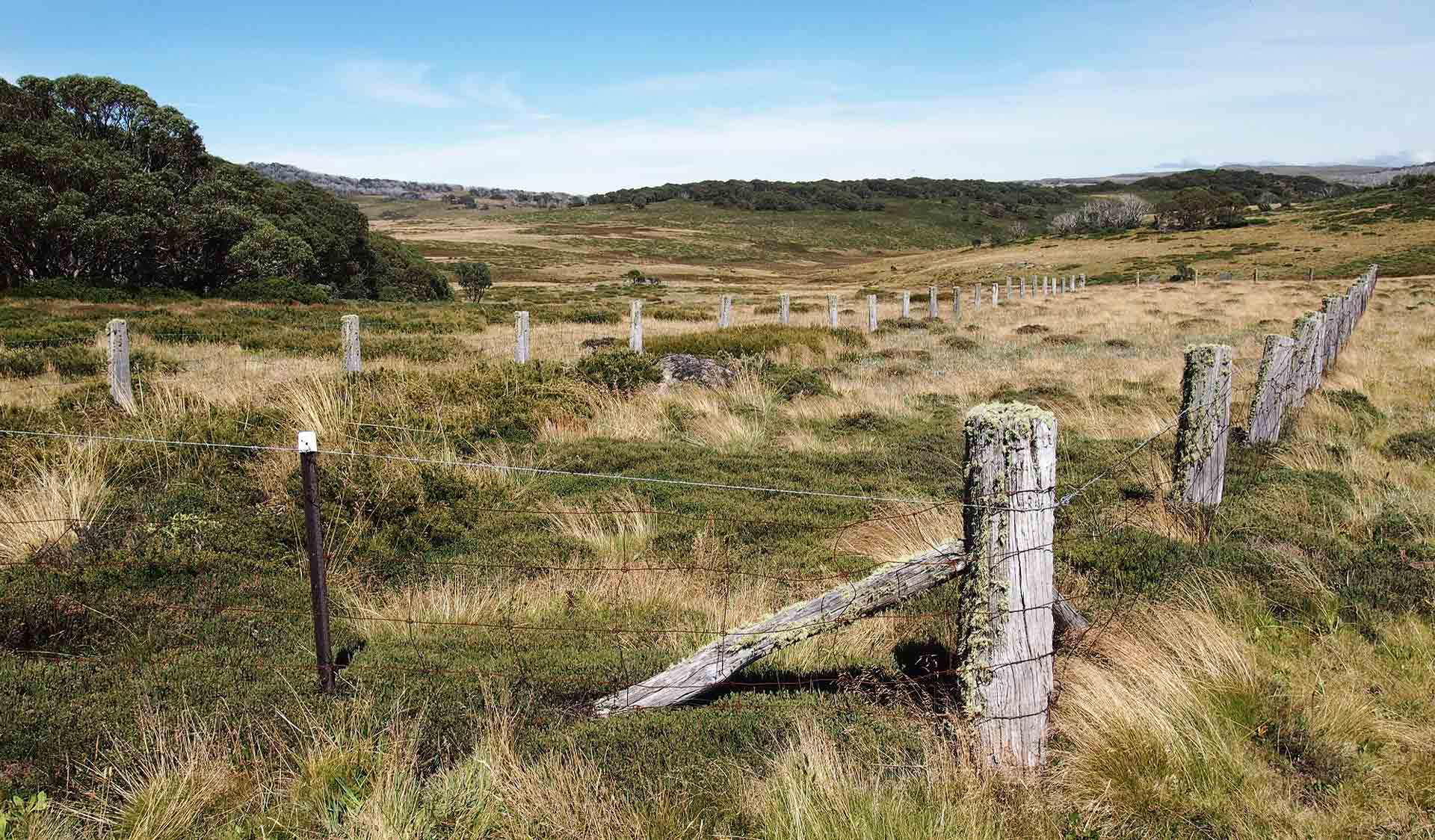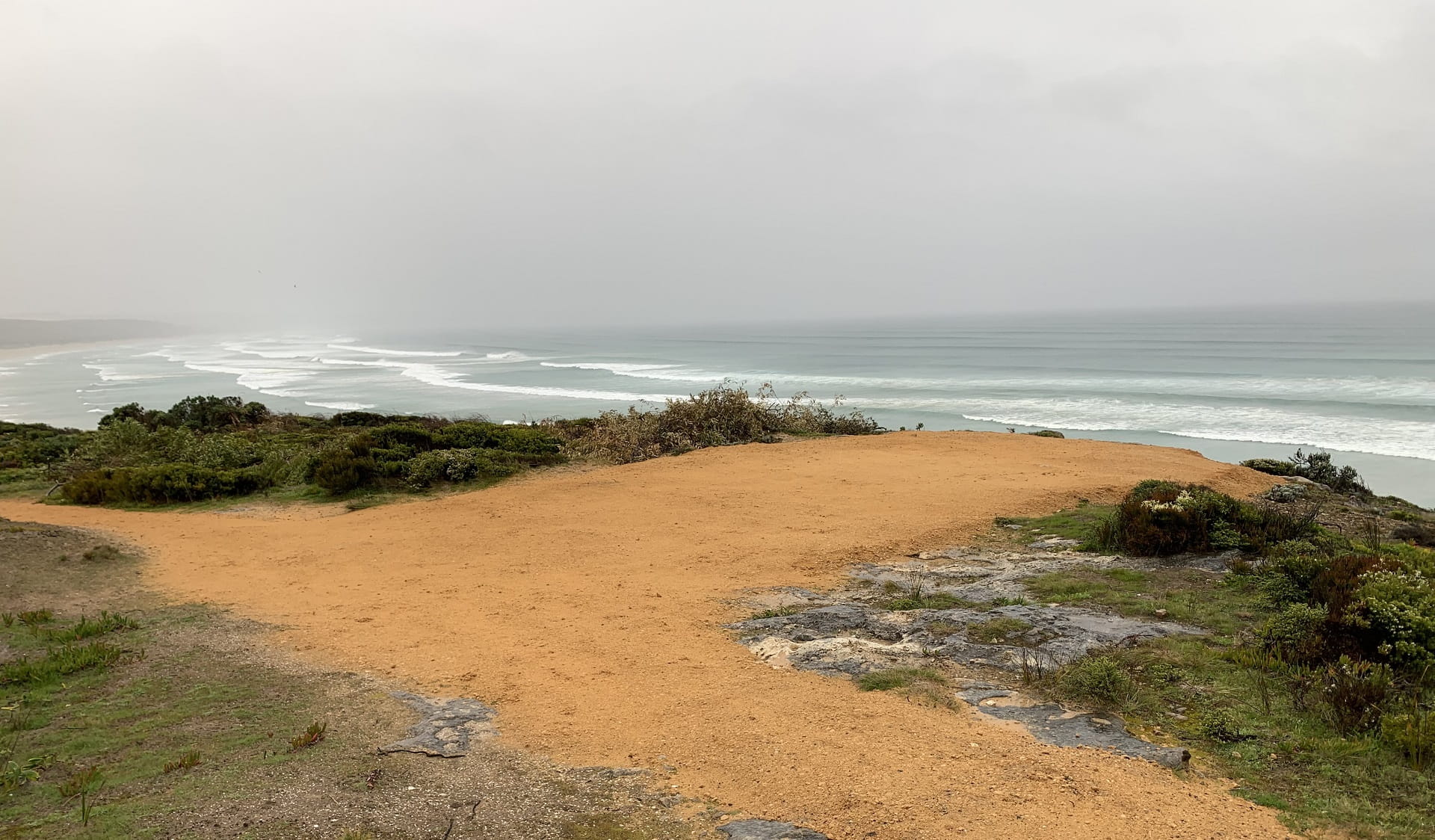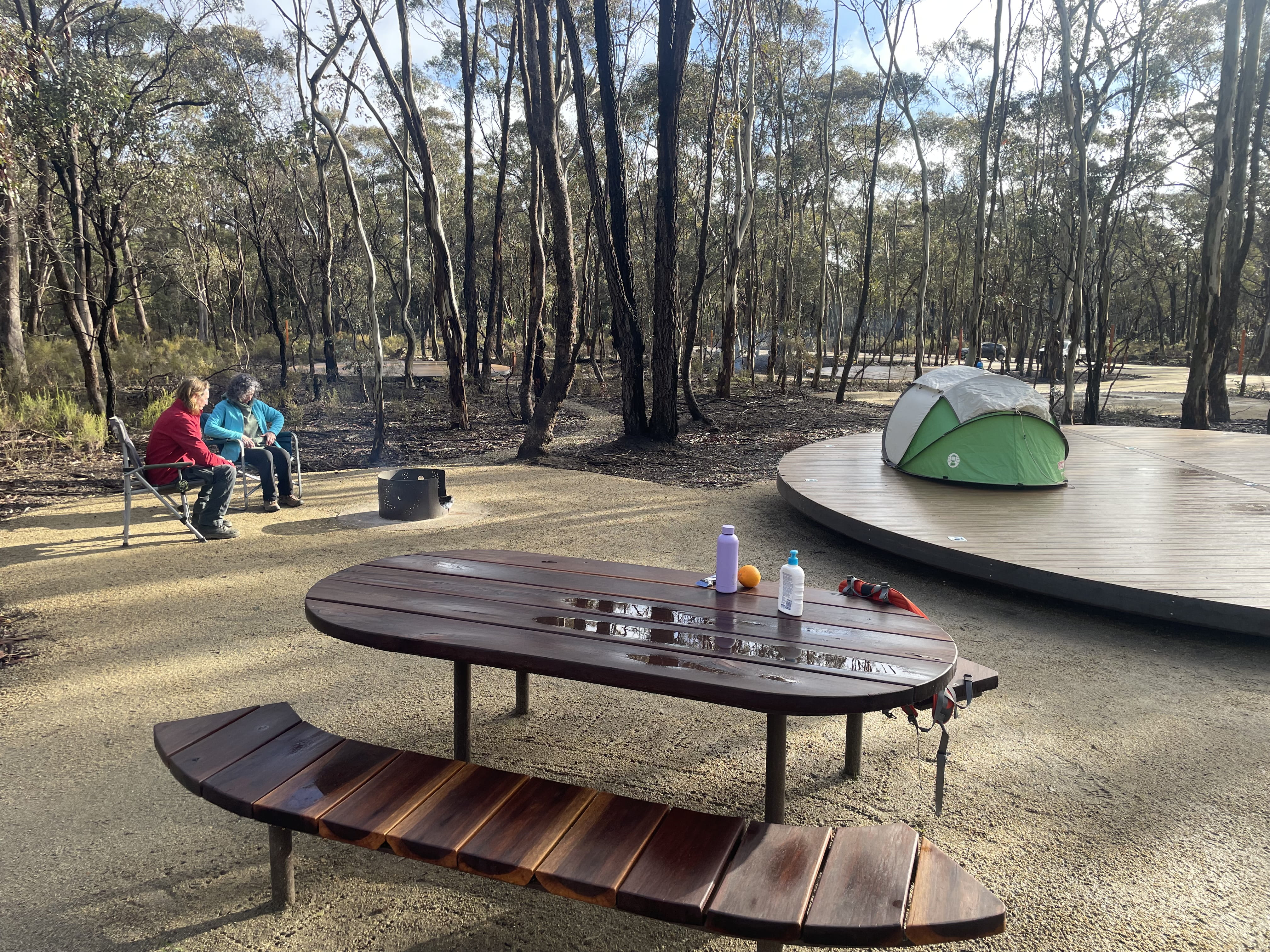Balance of nature: How spending time outdoors can change your life for the better
Tuesday 11 October, 2022
As significant greenspaces for relaxation and recreation, the health of our national parks is tied to our collective wellbeing.
‘Self-care’ is a buzzword that’s worked its way into our vocabulary but with good reason: lately, the world has become a confusing, challenging place for many of us. According to a 2022 report released by the World Health Organization (WHO), global rates of depression and anxiety rose by more than 25% in the first year of the pandemic. So, it makes sense that people are searching for ways to improve their mental wellbeing.
Apart from working less, eating nutritious food and prioritising sleep, what else can we do? With many workers at risk of burnout and a rising number of people looking to escape urban areas, research suggests that spending time in nature could be a vital (yet often overlooked) form of self-care.
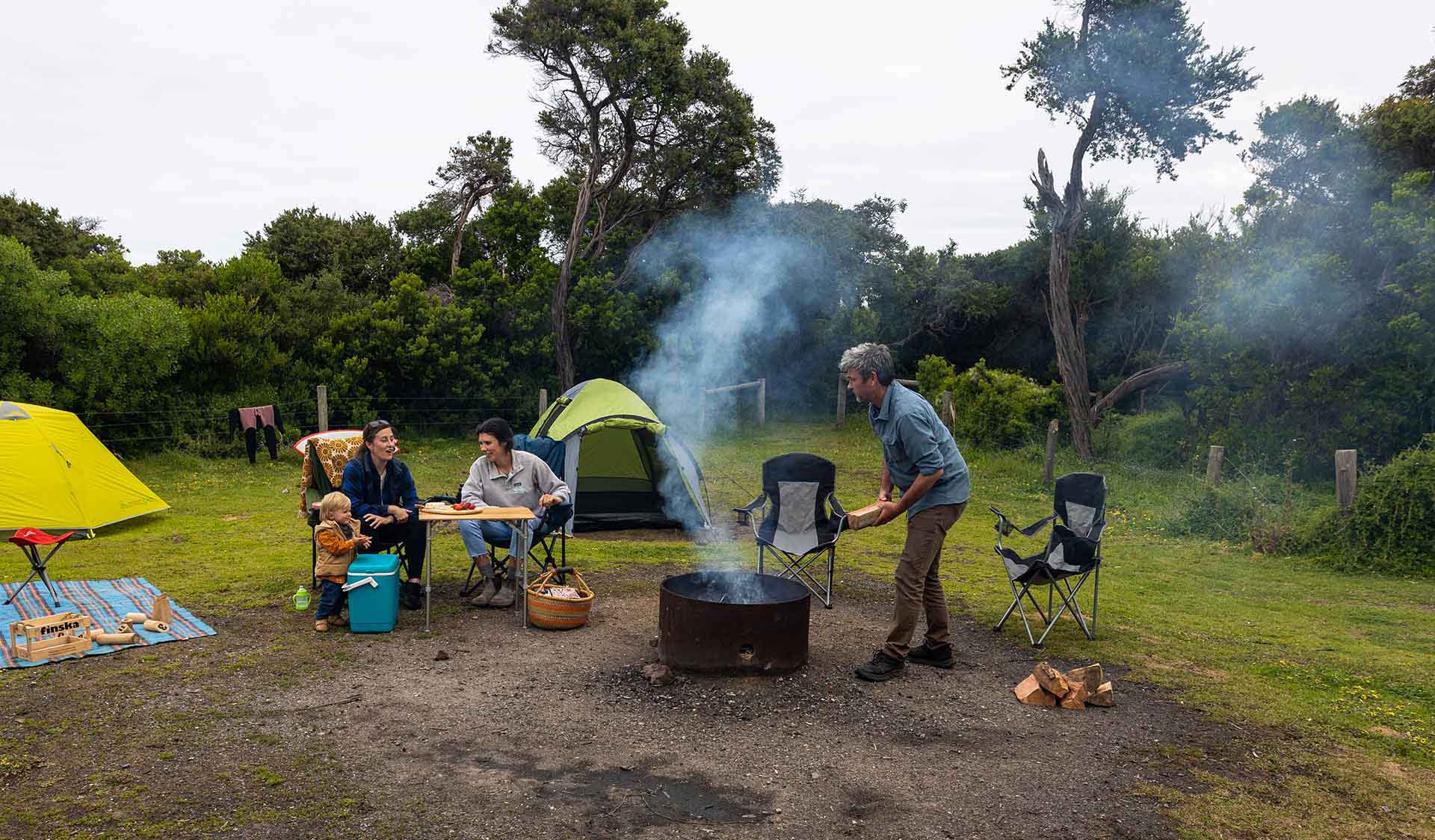
A therapeutic dose of nature
Anecdotally, many of us feel calmer in nature. There’s something about the heady scent of eucalyptus and the soft chatter of crimson rosellas that makes life seem a little lighter. But what does the research say about the potential for nature to ease stress?
A 2019 study conducted with people impacted by bushfires sheds some light on the link between the natural environment and mental wellbeing. Dr Karen Block, Associate Director of the Child and Community Wellbeing Program, Centre for Health Equity, in the Melbourne School of Population and Global Health, explains that researchers asked participants about how connected they felt to the natural environment. Their answers revealed the significant impact that nature can have on our mental wellbeing.
“People who felt more connected to the natural environment had lower rates of anxiety, depression and Post-Traumatic Stress Disorder. They also had higher rates of resilience and other positive wellbeing measures as well,” says Karen.
Another study completed by the Swedish University of Agricultural Sciences explored how different factors can impact how people handle the aftermath of a personal crisis. Of all the different factors explored in the study, being in nature had the most powerful rehabilitative qualities, with research participants who spent time in nature being less affected by their crisis than those who had less exposure to nature.
Importantly, you don’t need to be a super fit rock climber or veteran thru-hiker to benefit from being in nature. From going on a family camping adventure in a national park, to bird-spotting in Melbourne’s coastal wetlands, or going on a day hike to view spring wildflowers, there are many ways to enjoy the nature that’s right on your doorstep.
While most doctors recognise the therapeutic value of greenspaces, most aren’t quite at the stage of prescribing bushwalks. Thankfully there’s nothing stopping you from scheduling a day in a national park yourself.
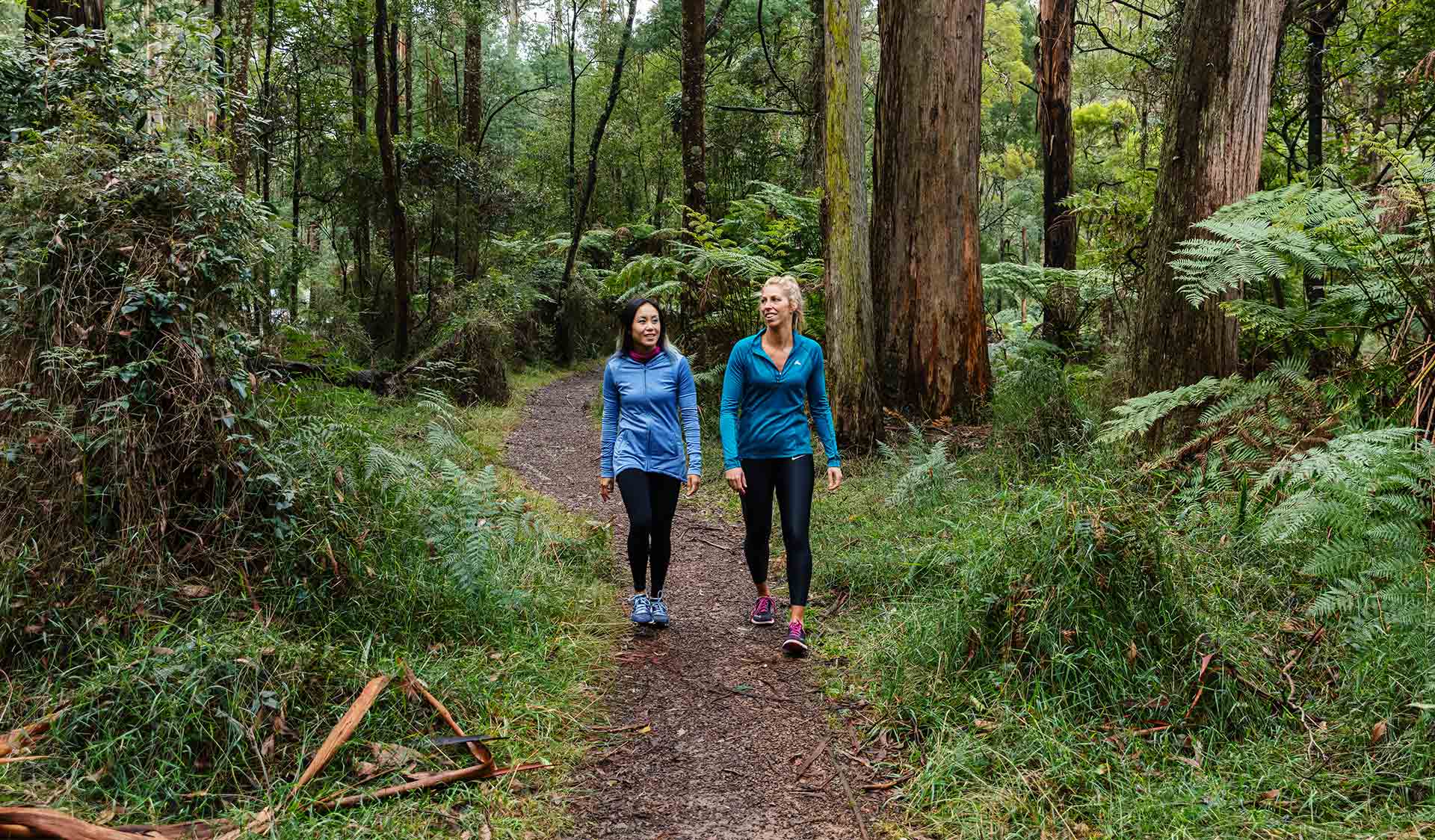
Walking in the wild
We all know that walking is good for you regardless of whether you’re walking on a gym treadmill or tackling the Grampians Peaks Trail. But research suggests that walking in nature is more advantageous for your health.
A 2011 study by OPENspace showed that walking in rural landscapes has a greater positive impact on mood restoration than walking in urban places. Importantly, the research revealed that participants with poor mental health experienced the greatest benefit of walking in rural landscapes.
For many years Singapore-born Melburnian Eliza Sum has scheduled frequent visits to Victoria’s national parks with her husband Josh and their Golden Retriever, Juno. The apartment-dwelling couple relish exploring the state’s bushland and beaches, with Wilsons Promontory National Park, Macedon Regional Park, Great Otway National Park and the La Gerche Gully in Creswick Regional Park being among their favourites. As cofounder of volunteer-run Meetup group Melbourne Girls Outside, Eliza helps to bring likeminded people together to experience nature in Victoria.
“It’s nice to be able to get out, get a bit fitter, challenge myself and enjoy the beauty of our natural landscapes,” says Eliza, before adding: “I definitely notice when I when I don't go out in nature. If I've been in the city for too long, I get a little bit antsy,” says Eliza.
While some people love nothing more than pitching a tent in bushland, Eliza and Josh prefer to head out for day walks at least once a month instead.
“We tend to do more daytrips because it means we’re able to get out more often. You don’t have to go away for the whole weekend as there’s plenty to see on a daytrip from Melbourne,” she says.
Over time, Eliza has noticed improvements in both her stamina and confidence when it comes to tackling more difficult terrain.
“For me, finishing a more challenging hike builds mental resilience. Because you’ve challenged yourself, you've done it, and you know that you can do it again,” she says.
From going on a mindfulness walk through the forest with a Parks Victoria Ranger to exploring a coastal nature reserve with a volunteer guide, Park Walks are another popular way to enjoy nature with other people who also appreciate wildlife and the outdoors.
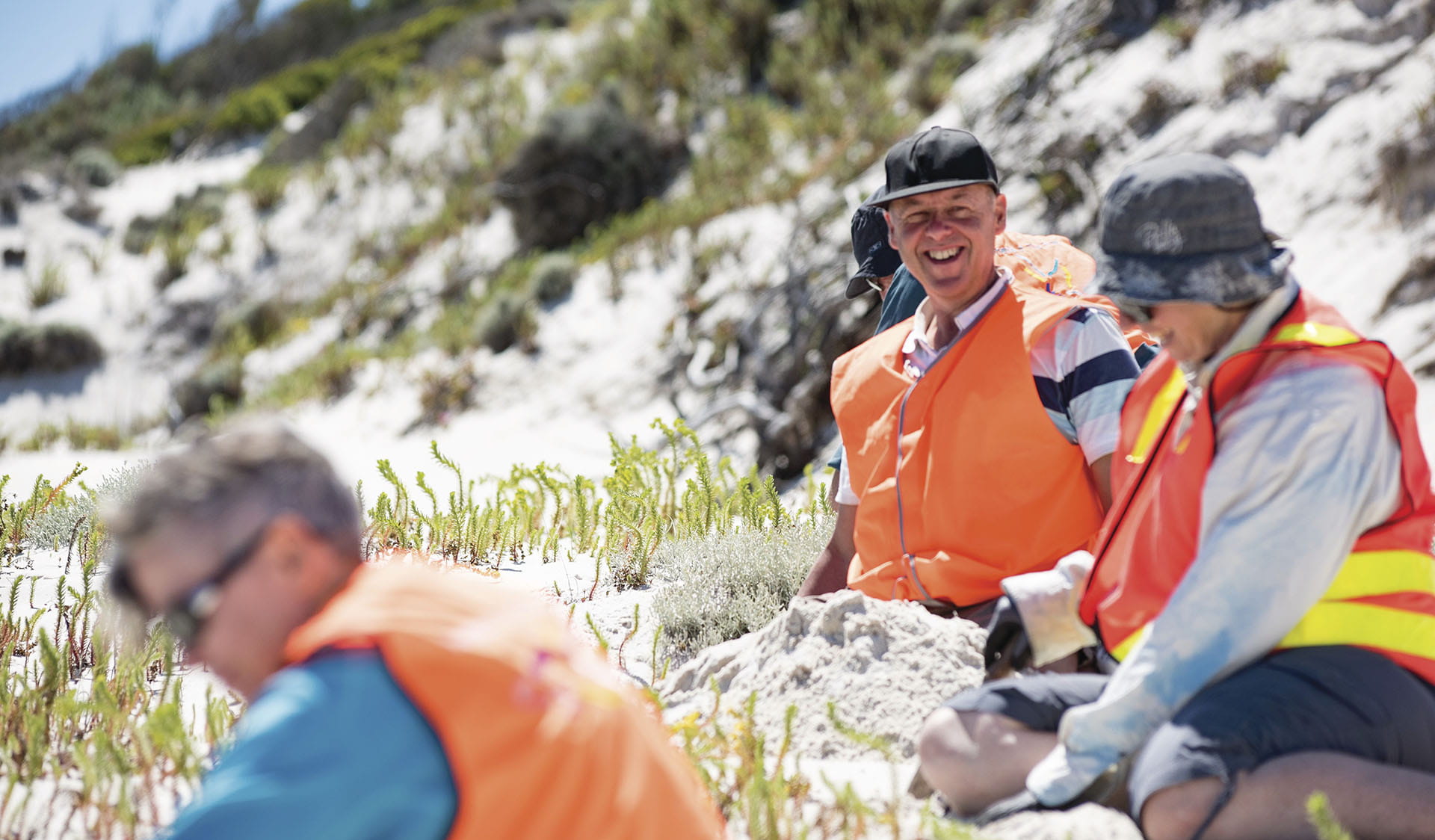
A helping hand for habitat
As the health of the natural environment is linked to our own wellbeing, psychologists around the world have been witnessing a sharp rise in people (especially young people) experiencing distress due to the impacts of climate change and biodiversity loss. The term ‘eco-anxiety’ has been coined to describe this growing concern for the health of our planet. And Victorians are no exception.
A report commissioned by DELWP (Department of Environment, Land, Water and Planning) in 2020 found that 85% of surveyed people reported that they were at least somewhat concerned about Victoria’s environment, with 43% reporting that they were very or quite concerned.
Interestingly, most respondents also said that restoring natural environments or rescuing and rehabilitating wildlife were the most appealing forms of volunteering. From restoring national park habitat to getting involved in citizen science programs like Birdlife Australia’s annual Aussie Bird Count, there are many ways to roll up your sleeves and be a part of the solution.
With a Volunteering Australia report indicating that people who volunteer are ‘happier, healthier and sleep better than those who don’t volunteer’, could rolling up our sleeves to help to restore our national parks be a part of the solution when managing eco-anxiety?
Dr Karen Block’s research project indicates that any activities that boost your feelings of connection to nature can be advantageous. Add in the benefits that come with volunteering, and you could see a shift in your feelings of distress. The best part is that nature is highly accessible, even if you live in the heart of the city.
“You don't have to go very far out of Melbourne to find beautiful places, even right in Melbourne with all the parks along the Yarra River. You don’t necessarily have to go way out into the bush, although that can be nice too!” says Karen.
So, whether you’re volunteering with a conservation group, going on a camping trip with your mates or hiking the trails of your favourite national park, being around trees, waterfalls, rivers and wildlife could make a real difference to your wellbeing. Why not schedule some nature time in your calendar today?


